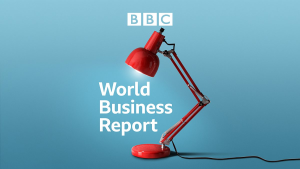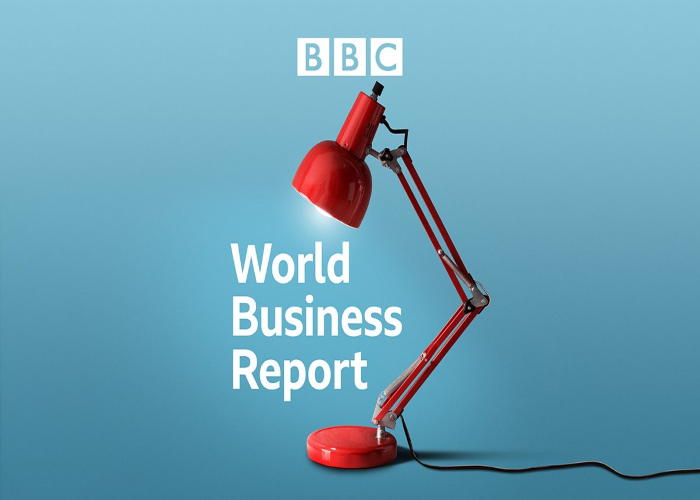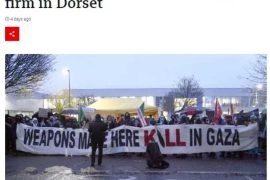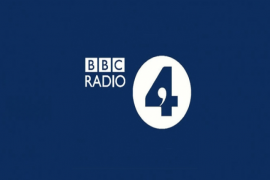On June 30th – the day after Unilever had announced a new business arrangement for Ben & Jerry’s ice cream in Israel – BBC World Service radio’s ‘World Business Report’ aired an item that was presented in its synopsis as follows:
“Unilever has sold the ice cream brand Ben & Jerry’s to an Israeli licensee, opening the door for the dessert to be sold in the Palestinian territories. Ben & Jerry’s has criticised its parent company for the decision. We speak to Michael Dickson, the executive director of Stand With Us – a pressure group that campaigns against boycotts.”
The introduction from presenter Vivienne Nunis (from 18:53 here) likewise gave listeners the mistaken impression that the ice cream is not currently being sold in Judea & Samaria whereas in fact, the boycott had not yet come into effect. In addition, Nunis portrayed disputed territory as “the Palestinian territories” despite the fact that negotiations to determine the final status of Area C have yet to take place. [emphasis in italics in the original, emphasis in bold added]
Nunis: “Unilever, which owns Ben & Jerry’s ice cream, has sold the brand to an Israeli licencee. The move means the snack food can be sold in the Palestinian territories. Previously Ben & Jerry’s leaders had banned sales in the West Bank, stating that doing business there was inconsistent with the company’s values. The reversal by Unilever has been welcomed by Israel but Ben & Jerry’s criticised its parent company’s decision to sell off the brand Israeli business and made this statement on Twitter.”
Listeners then heard a reading of those Tweets.
As we all too often have cause to note, for many years the BBC has reported BDS related stories without adequately clarifying to audiences in its own words that what that campaign ultimately seeks to achieve is the end of Israel as the Jewish state. Moreover, in August 2015, we learned that the BBC considers the provision of such crucial background information “not our role“.
That editorial policy not only hampers audience understanding of the BDS campaign’s openly voiced opposition to “a Jewish state in any part of Palestine” but also impedes the ability of its own staff to portray that political movement and its aims accurately and impartially. For example, while introducing her interviewee, Vivienne Nunis told listeners that his organisation is:
Nunis: “…a pressure group that campaigns against the Boycott, Divestment and Sanctions movement that encourages the international community to penalise Israel for its policies towards the Palestinian people.”
Listeners were of course not told what those “policies” supposedly entail.
Apparently insufficiently familiar with the story, Nunis tried to suggest that Unilever – which noted in its statement that it has considerable business interests in Israel besides ice cream – is “cutting ties”.
Nunis: “So the product will still be available for sale, people will still be employed in factories in Israel making this ice cream, but Unilever itself is cutting ties with Israel in that sense. Isn’t that a pretty strong message from a huge multi-national corporation that they don’t want to be associated with what Israel’s doing in the settlements?”
Once again listeners were not informed what exactly Israel is supposedly “doing in the settlements”.
Responding to Michael Dickson’s description of the BDS campaign as “antisemitic and discriminatory”, Nunis stated:
Nunis: “You’ve called it antisemitic, but do you think there’s no way of putting up a protest, an economic protest or a company choosing not to sell its goods in Israel, that isn’t antisemitic? Why must everything in this instance be related to antisemitism? Why can’t it just be anti-Israeli government policy?”
It is unclear whether that question was the result of Nunis not being aware that the BDS campaign is opposed to Jews having the right to self-determination in their own country and that denial of Israel’s right to exist is considered a form of antisemitism.
She did however inform listeners at the end of the item that an unspecified branch of the BDS movement had been invited to contribute but had declined, taking the trouble to note “though the group does dispute that it is antisemitic”.
As ever, audience understanding of this particular story was severely compromised by the BBC’s failure to explain exactly what such boycotts are intended to achieve. Instead the BBC continues to whitewash boycotts as mere “protest” while promoting trite slogans concerning Israel’s supposed actions.
Related Articles:






This Nunis is selected by the BBC for her ignorant comments on the Ben & Jerry episode because she is anti-Israel. The BBC would not dream of appointing a pro-Israel person to comment on the same item – because their “World Service” Iran paymasters would not permit it.
Dickson fell into her trap and should have been more careful in dealing with this none entity employed by the anti-Semitic BBC.
Really portrays how non Government Jewish/Israeli organizations shoot themselves in the foot!
Does BBC actually know or employ anyone that is not anti-Israel? I thought that being an antisemite was a primary qualification for BBC employment these days #defundthebbc